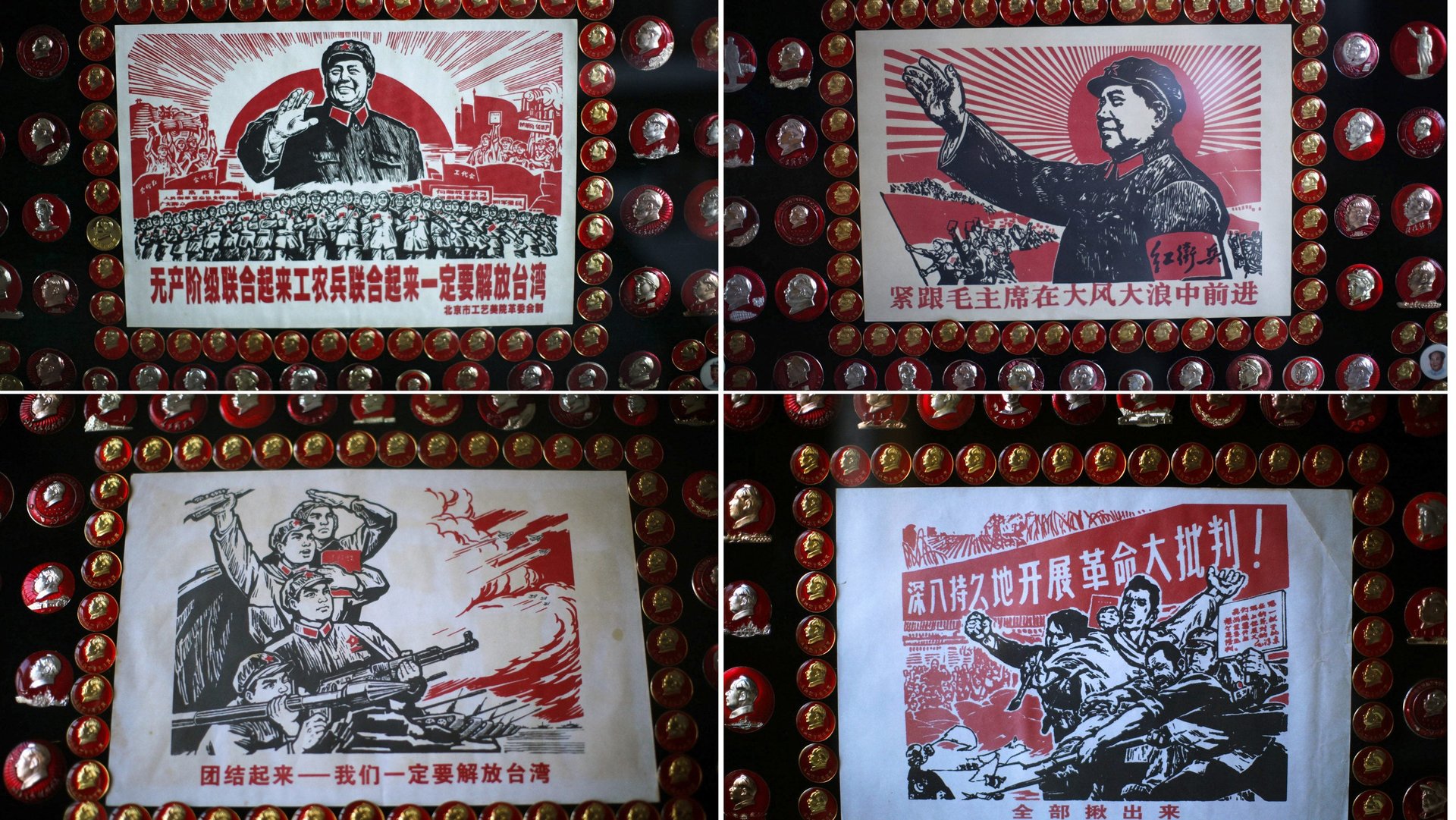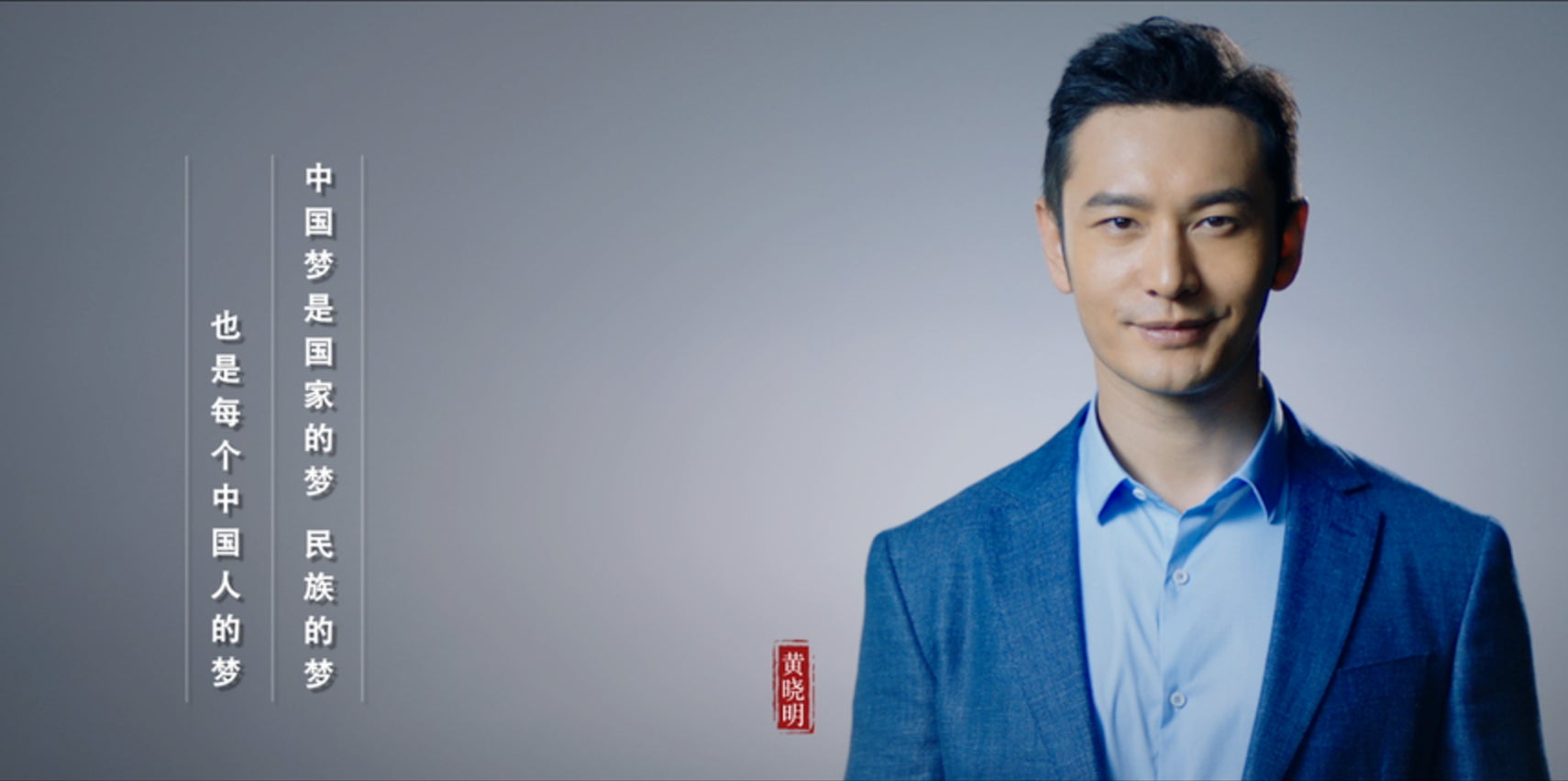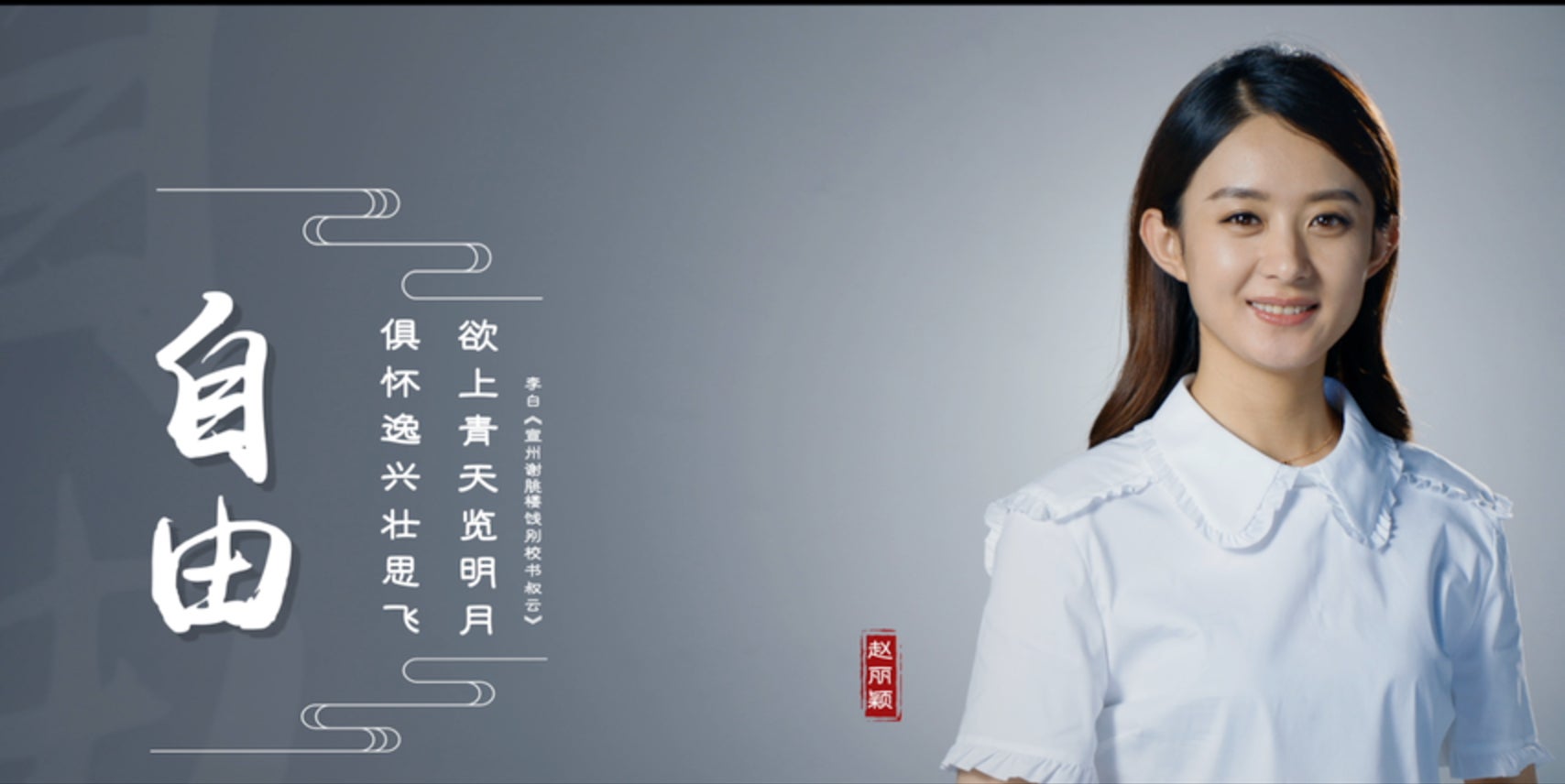China now requires cinemas to show a “Chinese dream” video before every movie
Chinese authorities have ordered cinemas to show a three-and-a-half minute video that promotes president Xi Jinping’s political goals before screenings. The decision, aimed at rousing patriotic feelings, came into effect July 1, and will stay in place until the 19th National Congress of the Chinese Communist Party this fall. That’s a crucial event where China’s top political leadership will be revamped.


Chinese authorities have ordered cinemas to show a three-and-a-half minute video that promotes president Xi Jinping’s political goals before screenings. The decision, aimed at rousing patriotic feelings, came into effect July 1, and will stay in place until the 19th National Congress of the Chinese Communist Party this fall. That’s a crucial event where China’s top political leadership will be revamped.
Movie-goers, unsurprisingly, aren’t happy.
The video titled “The Glory and the Dream—Our Chinese Dream” (光荣与梦想——我们的中国梦系列公益片), from China’s State Administration of Press, Publication, Radio, Film and Television (SAPPRFT), features 32 popular actors and actresses, including Jackie Chan and Zhou Xun. Each of them introduces an idea around themes that include the “Chinese dream,” and “Core socialist values,” as well as other political jargon favored by the president: “The Four Comprehensives,” and “The ‘Five-in-One’ Overall Arrangement.”
The video begins with the meaning of “Chinese dream” and encourages viewers to “achieve the dream together for the greater good. The rest of the video promotes values such as “harmony,” “rule of law,” and “equality,” pairing each ideal with an old Chinese proverb or quote from a literary classic.


People in China are going to the cinema late just to skip this latest round of government propaganda, while some have expressed their objections through social media.
“The video’s message is wrong… core socialist values contain a lot of extreme ideas, and will definitely cause many social problems,” said one tweet, shown below.
Another person said he’s decided not go to the movies at all until the Congress begins, when cinemas can stop playing the video. He said it is a shame for China to copy the phrasing of historian William Manchester‘s The Glory and the Dream: A Narrative History of America, 1932-1972:
Meanwhile, on China’s Weibo microblog platform, a user joked: “My Chinese dream is the abolishment of the SAPPRFT”:

Such direct propaganda videos aimed at citizens aren’t new in China. In May, state-run media China Daily posted a video on “One Belt, One Road” (OBOR) that showed kids “singing and dancing” in enthusiasm over a sprawling infrastructure initiative of little relevance to them.
The National Congress of the Chinese Communist Party is a 7-day party meeting, as well as a key leadership-reshuffling event, and is held every five years. Party members will gather at Beijing’s Great Hall of the People to elevate leaders and discuss the work report presented by the current Central Committee. For the election, a new Central Committee will first be elected, followed by the elections of party leader (currently held by Xi Jinping), the 25-member Politburo, Standing Committee, Central Secretariat, and the Central Military Commission.
The current Central Committee has 205 full members and 171 alternate members. Before the beginning of the 19th Congress, some 2,300 delegates from across the country have to be picked to vote on the new Central Committee.
The official date for the Congress is yet to be scheduled but is predicted to take place any time between September and November.